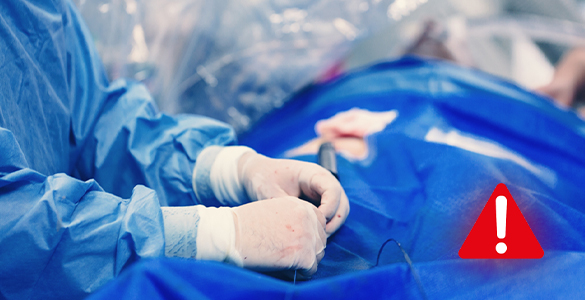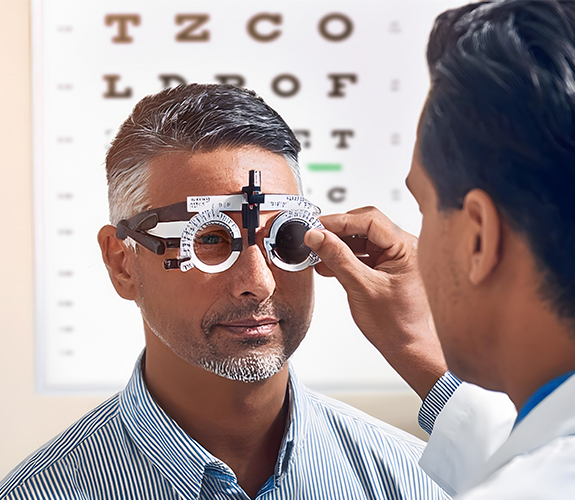Healthcare has undergone a revolution thanks to minimally invasive surgery, which provides patients with a less intrusive option than open operations. With minimally invasive surgery, your surgeon can employ methods that reduce the size and quantity of incisions they must make. Generally speaking, it is seen to be safer than open surgery. This kind of surgery is perfect for individuals with certain medical conditions that, because of the nature of their accident or illness, would ordinarily prevent them from undergoing the recuperation period necessary for standard open surgery. Despite its benefits, it is important to realize that all surgeries, including MIS, have some degree of risk. To help you make wise decisions regarding your health, we'll look at the possible dangers and side effects of minimally invasive surgery in this article.
Understanding Minimally Invasive Surgery
Minimally invasive surgery (MIS) is a surgical technique that involves cutting through your skin and tissues to the least amount possible. To minimize stress during your surgery, surgeons employ MIS methods and technology. You run a lower risk of discomfort, complications, and healing time with smaller cuts. Nowadays, healthcare professionals use minimally invasive surgical methods to carry out several routine operations.
Common Risks and Complications of Minimally Invasive Surgery
Infection
Even though there is less chance of infection with minimally invasive surgery than with open surgery, it is still possible. Internal or at the site of the incision, infections may necessitate antibiotic therapy or other medical attention.
Hemorrhaging or Bleeding
Even though MIS is intended to reduce blood loss, severe bleeding during or after the treatment is still a possibility. With precise surgical methods and close observation, this can be controlled.
Organ Damage in the Surrounding Area
As MIS requires accuracy, there is occasionally a chance that adjacent organs, blood vessels, or tissues might sustain inadvertent harm. Although uncommon, this can happen, particularly in more involved surgery.
Anesthesia-Related Complications
Anesthesia is used during MIS, just as in any surgery, and it has risks of allergic responses, breathing problems, and other side effects, especially in patients who already have health issues.
Adhesions and Scarring
Even though MIS makes fewer incisions, internal adhesions, or bands of scar tissue, can occasionally form. These might result in issues that need further medical care, such as discomfort or intestinal blockage.
Technical Difficulties
Minimally invasive surgery is primarily reliant on sophisticated technology and equipment. Any delays or switch to open surgery might result from technical issues or equipment failures during the process.
Reducing the Risks of Minimally Invasive Surgery
While no surgery is entirely free from risks, certain steps can be taken to minimize complications:
- Choosing the Right Surgeon: Ensure your surgeon has expertise and experience in minimally invasive techniques.
- Following Pre-Surgery Guidelines: Complying with dietary restrictions, medications, and lifestyle changes recommended by your doctor can improve surgical outcomes.
- Post-Surgery Care: Following your surgeon's instructions for wound care, medications, and follow-up appointments is critical for a smooth recovery.
At Saroj Hospital, we are committed to providing comprehensive care, from pre-surgery evaluations to post-surgery follow-ups, ensuring a seamless and safe experience for all patients.
Conclusion
While minimally invasive surgery offers numerous benefits, it is important to understand the potential risks and complications associated with the procedure. Choosing the right hospital and surgeon, like the trusted team at Saroj Hospital, can significantly reduce these risks and ensure optimal outcomes. As one of the top hospitals in Rohini Pitampura, we offer a range of minimally invasive procedures across various specialties, including gastroenterology, urology, gynecology, and orthopedics. With a focus on safety and precision, we ensure our patients receive the highest standard of care.



